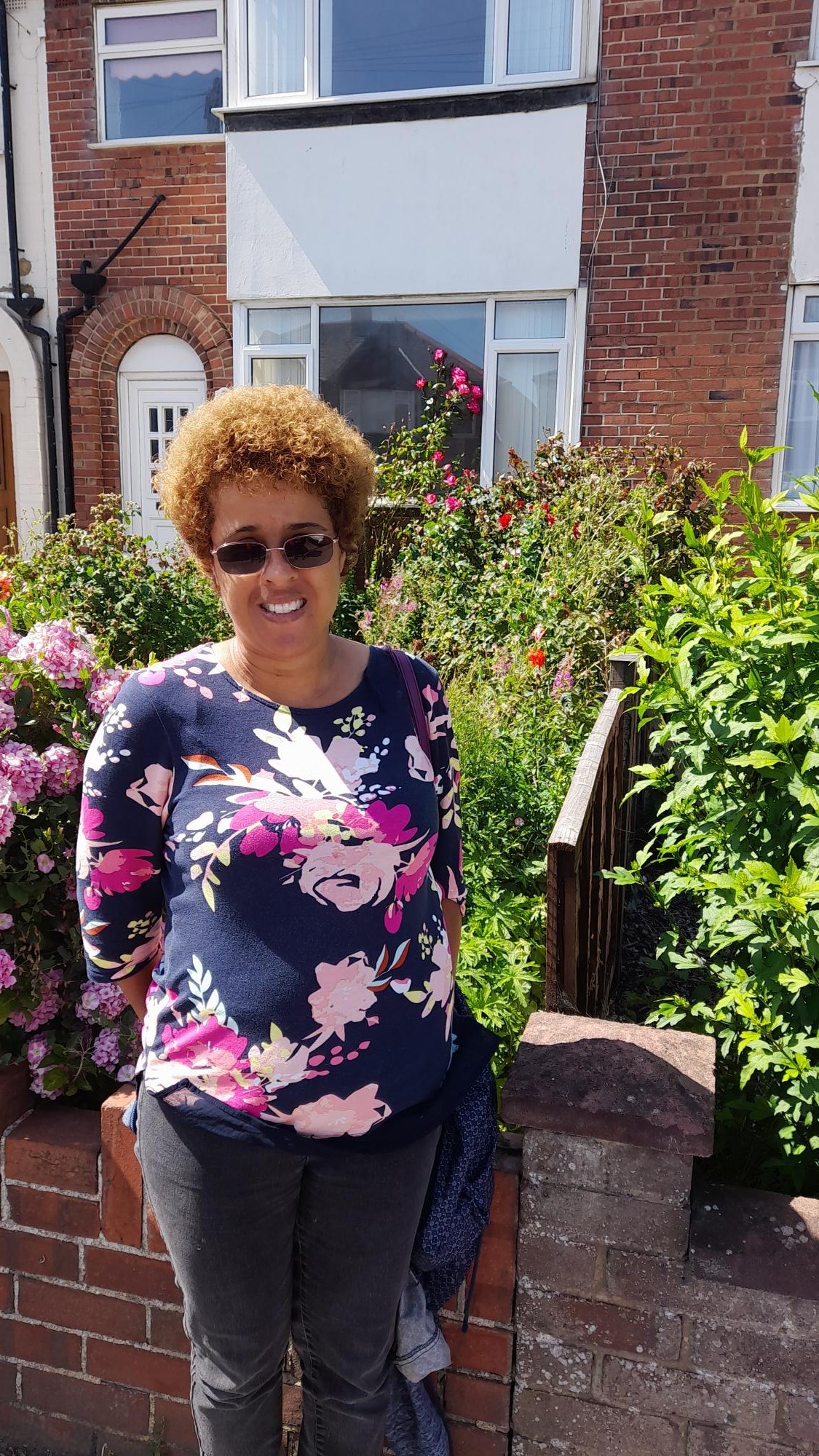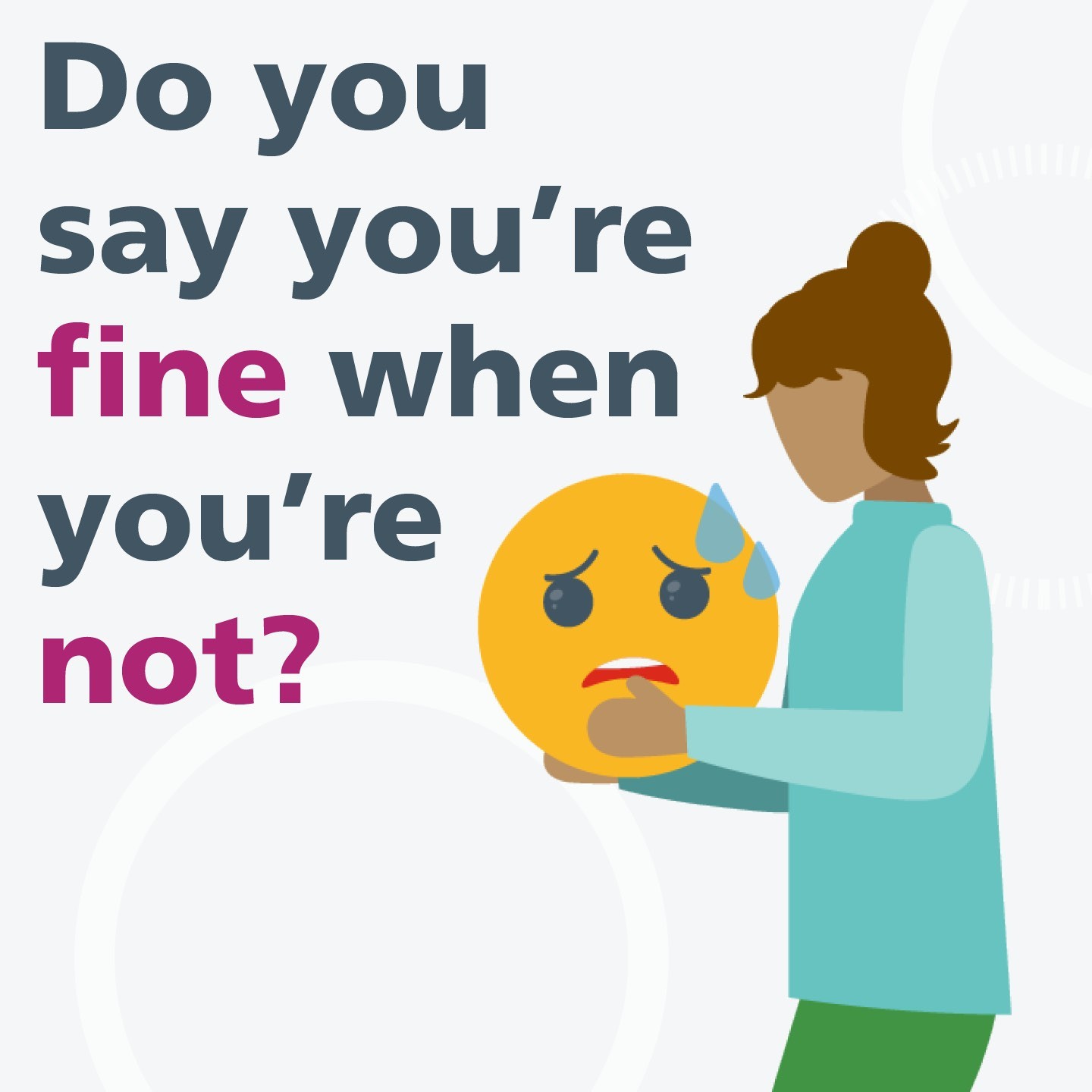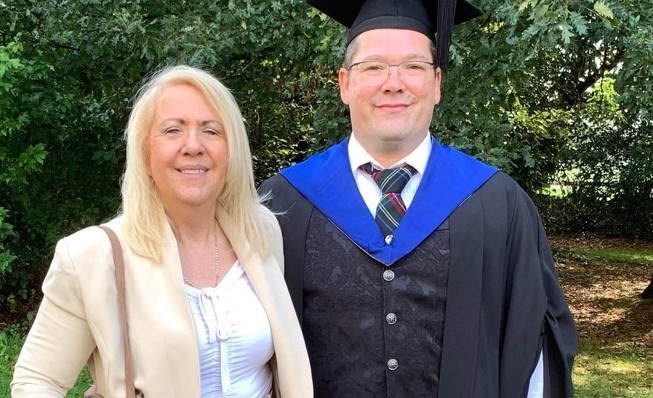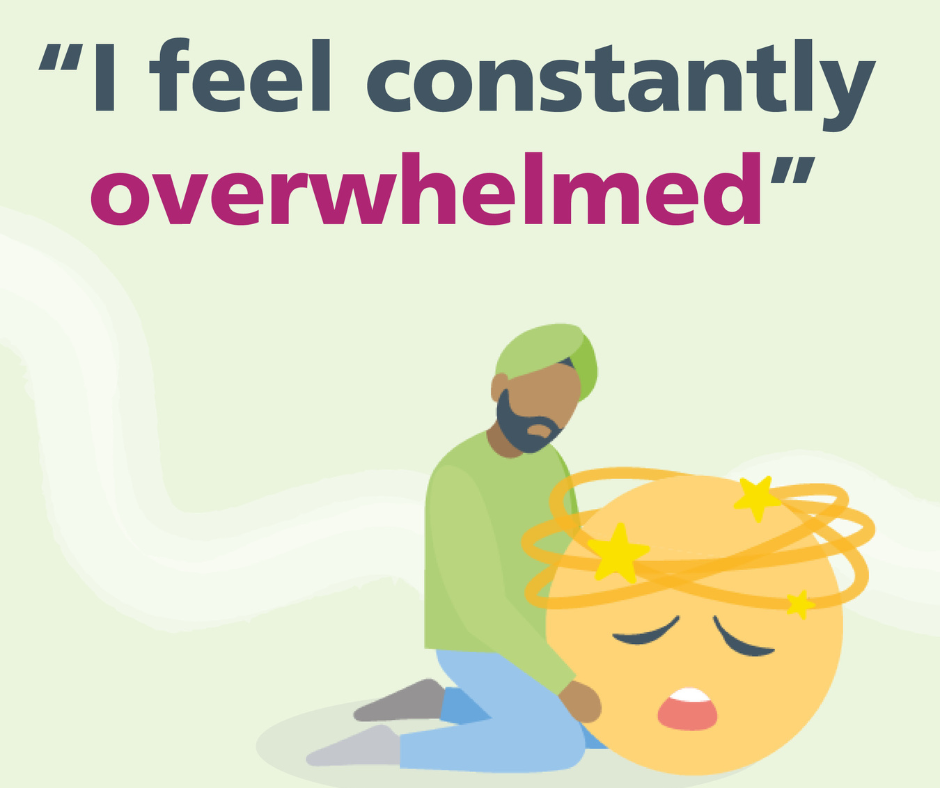
Understanding anxiety and how it can be treated

Director of Psychological
Professions and Chief
Psychological Professions Officer
All of us experience times of anxiety and are familiar with the sensations that go with it - feeling nervous and edgy, the butterfly feeling in the stomach, our heart pumping faster, breathlessness, feeling hot and sweaty, and finding it difficult to focus or concentrate. But why do we have these feelings and how can therapy help?
Whilst uncomfortable, anxiety has served us well as an emotion through our evolutionary history. Without it, we wouldn’t have so easily adapted our behaviours to the threats facing us. Children wouldn’t seek the safety of their parents when separated (attachment behaviour is partly motivated by anxiety). We wouldn’t be so aware of threats to our place in the social structures of the tribe (our place in the tribe being crucial to survival). We wouldn’t so easily sense dangers in the world, and our bodies wouldn’t automatically get prepared to 'fight' or 'flight' when in times of danger. Even the symptoms that feel so uncomfortable - our increased breathing rates, our pounding hearts, our sweatiness, are our bodies natural response to threat and help us get prepared for vigorous activity to tackle or avoid the dangers faced.
Unfortunately, this anxiety - and the neurological hard wiring that sits behind it - can for some of us result in excessive, intense and persistent anxiety that begins to dominate and take over our lives. Some of us may live with a constant sense of threat and feel constantly anxious (we call this generalised anxiety). Others may feel sudden and intense anxiety (including panic) that is triggered by specific things (like a spider phobia or intense fear of heights) or even just being outside (agoraphobia).
For others, it's an intense fear of being judged socially (social anxiety) or anxiety linked to triggers around specific traumas, such as a loud noise triggering flashbacks in a soldier with PTSD for example. Excessive problematic anxiety is one of the most common mental health problems we struggle with and 37.1% of women and 29.9% of men reported high levels of anxiety in 2022. I spend a lot of my clinical time helping people with anxiety.
The good news is that we now have psychological treatments that we know work, with cognitive behaviour therapy being a good example. So how does therapy for anxiety work? I usually start by helping people to realise that anxiety is a normal human emotion - it's just that the level, intensity and focus of the anxiety can become distorted in people with an 'anxiety disorder'.
Once this is understood, and people begin to normalise their experiences, we can then begin to work out why in their particular circumstances their anxiety has become so problematic. For example, some people seem to be born with a greater threshold for anxiety, whereas for others, childhood experiences play a part. For others, their anxiety might be associated with an initial period of high stress. In almost all cases, the initial cause of the anxiety gets worse and more entrenched by people's attempts to avoid situations that make them anxious. For example, in someone who is agoraphobic their fear is maintained by the belief that they are only safe because they haven’t gone outside. Their avoidance maintains their fear because they don’t have the opportunity to learn that going outside is indeed safe!
Getting a good understanding of the causes of a person's anxiety is a vital first step in then designing the treatment approach together. This varies by the type of anxiety someone has and the root causes of the anxiety, but common to all treatment approaches is a focus on helping people to identify and alter how they have come to understand their anxiety and how they manage it.
This includes helping someone to identify and challenge the unhelpful beliefs that can underpin and reinforce their anxiety. It almost always also involves helping someone to 'face their fear' in a graded way, so that they eventually learn by experience that they no longer need to be so anxious and that the outcomes they feared (that underpins their anxiety) won’t materialise.
Using strategies that help people relax, reduce stress and remain more grounded, are also helpful. Sometimes it will be important to help people properly process the initial root causes of their anxiety so that experiences in the past no longer impact on people's ability to live well in the present.
Please don’t keep living with anxiety that is impacting significantly on your life. Therapy can help and you can refer yourself into one of our NHS Talking Therapy Services - the links are below:






























